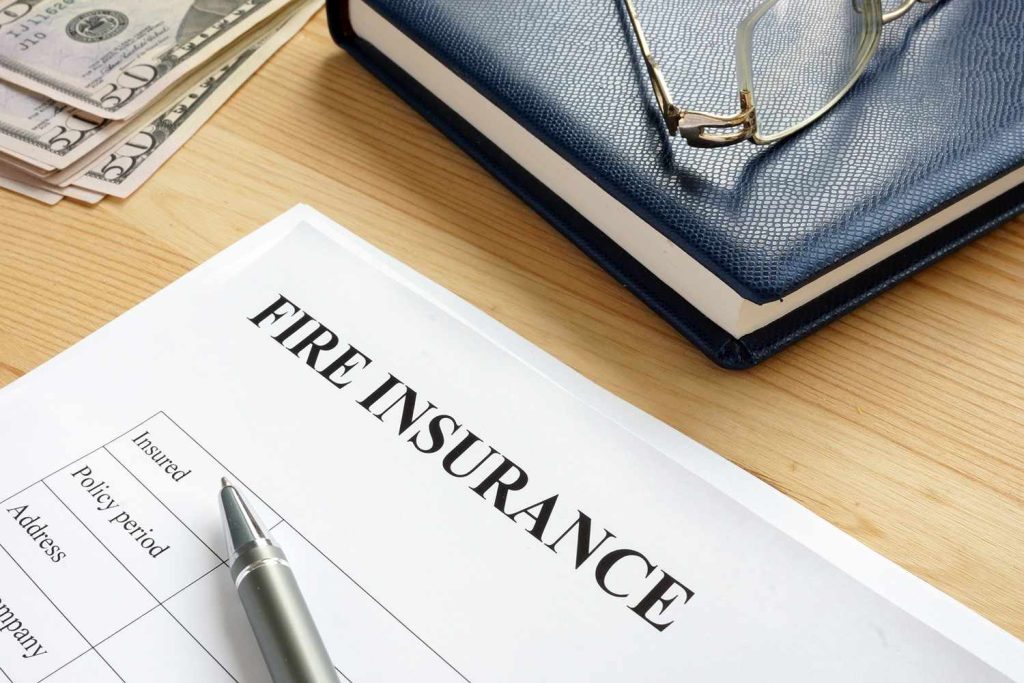
Fire Insurance:
Explore the comprehensive world of Fire Insurance and its formidable features designed for ultimate protection. Discover the positive power of safeguarding your assets with our in-depth guide on what Fire Insurance entails. Secure your peace of mind today!
Introduction to Fire Insurance:
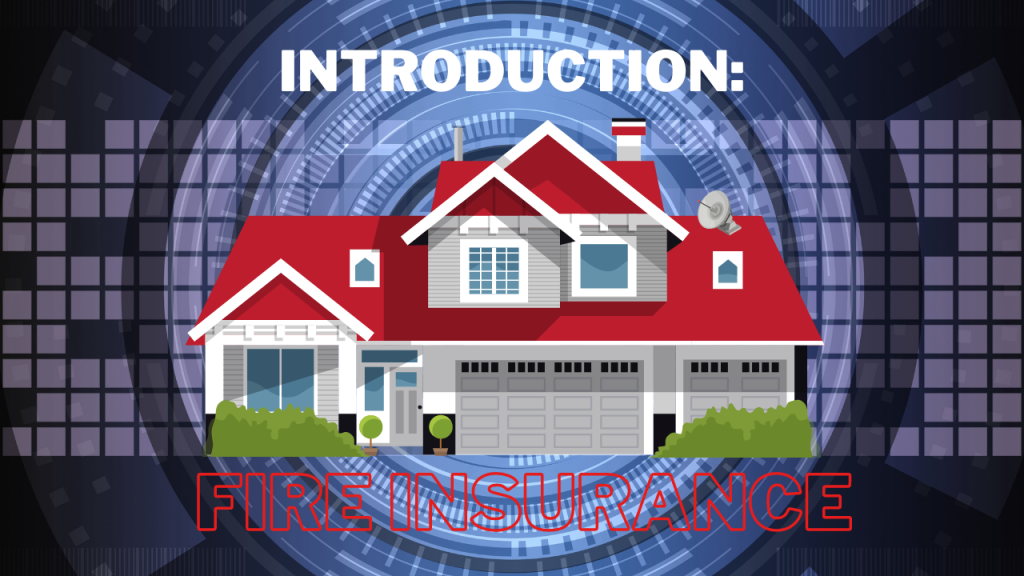
Welcome to our comprehensive guide on fire insurance! We will explore the world of fire insurance in this blog, learning about its characteristics, coverage, and many types. Regardless matter whether you own a home or a company, fire insurance might be your best line of defense against the ravaging power of fire. So let’s investigate this crucial insurance that enables you to rise from the ashes!
What is Fire Insurance?
A specific form of property insurance called fire insurance provides financial security against losses brought on by fire. It offers compensation to policyholders for loss or damage to insured property brought on by fire-related occurrences. This essential coverage guarantees that after suffering a catastrophic fire accident, people and businesses may recover and rebuild.
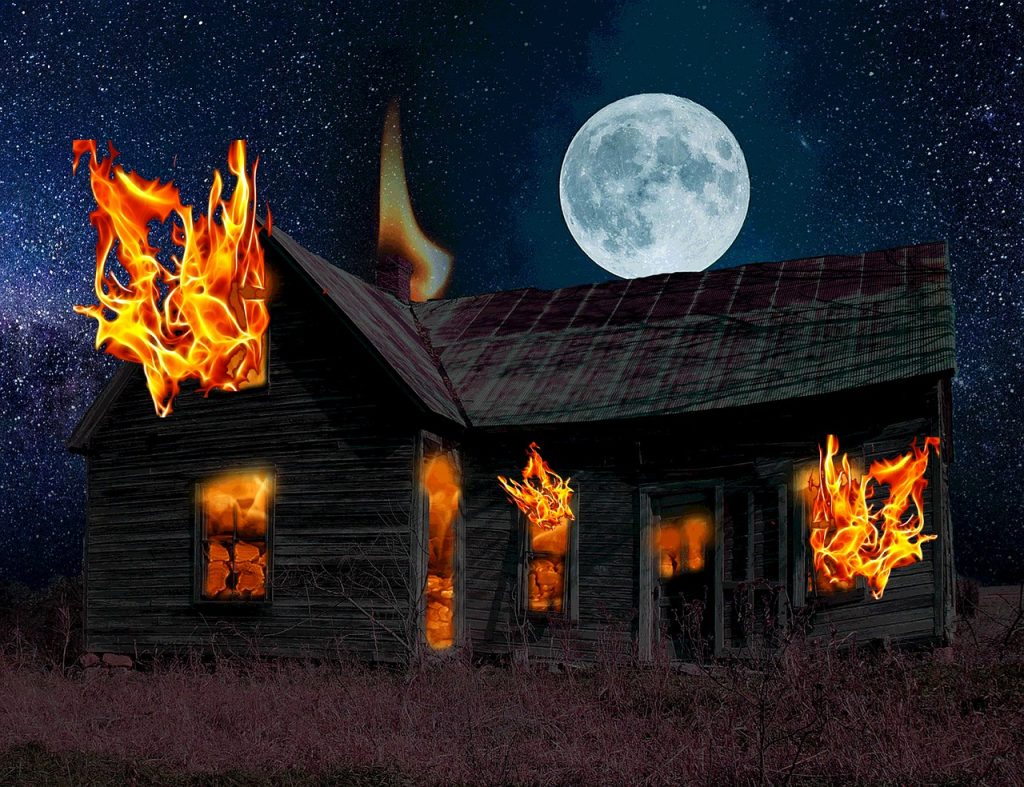
Features of Fire Insurance:
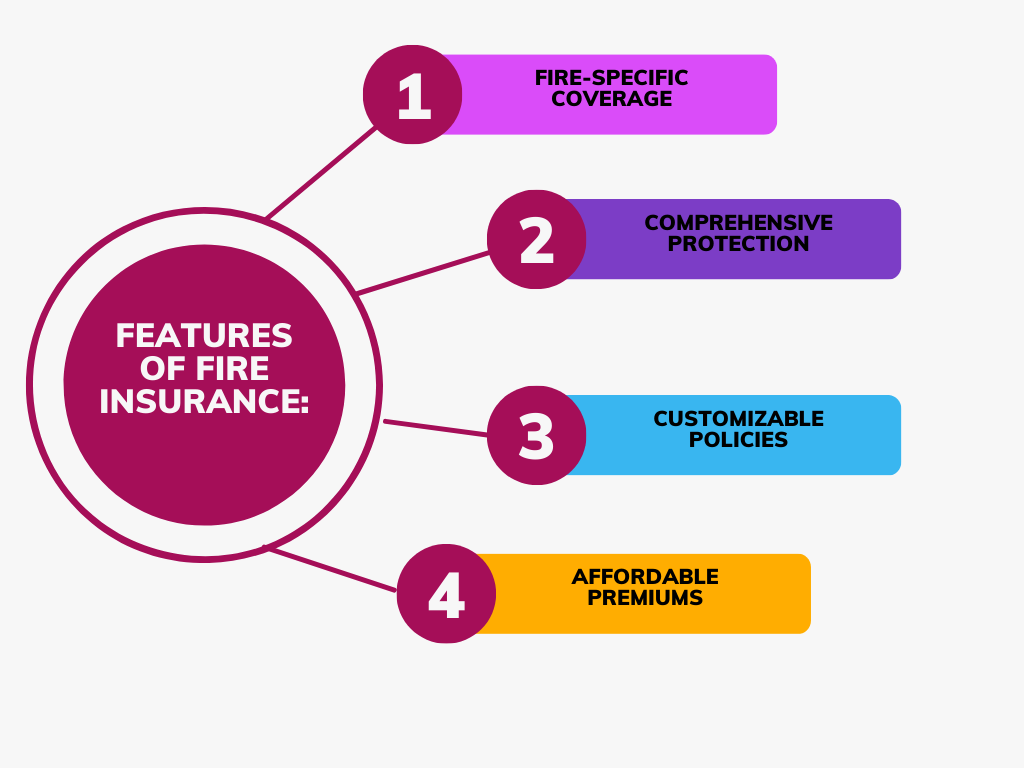
Fire-specific Coverage: As the name suggests, fire insurance is specifically designed to cover losses due to fire incidents, making it a highly targeted form of protection.
Comprehensive Protection: Fire insurance not only covers damage caused by the fire itself but also extends to secondary damages, such as smoke, soot, and water damage resulting from firefighting efforts.
Customizable Policies: Fire insurance policies can be tailored to suit the specific needs of individual homeowners, renters, and business owners. The coverage amount and premium can be adjusted to match the value of the insured assets.
Affordable Premiums: Fire insurance is generally considered cost-effective, considering the extensive coverage it provides for a relatively lower premium compared to other property insurance policies.
What does Fire Insurance Cover?
Fire insurance mainly covers your wide range of assets, safeguarding them from fire-related damages. Some common assets covered under fire insurance include:

- Residential Properties: Fire insurance protects homes, condos, and apartments, ensuring that homeowners can rebuild their lives after a fire tragedy.
- Commercial Buildings: Businesses can secure their offices, warehouses, and manufacturing units with fire insurance to avoid severe financial setbacks.
- Personal Belongings: Fire insurance can also cover personal belongings like furniture, electronics, clothing, and other valuable items.
- Inventory and Stock: Business owners can protect their inventory and stock from fire damage, reducing potential losses.
Perils Covered by Fire Insurance:
While fire insurance generally covers fire-related losses, depending on the type of policy you take , it may also provide protection from other risks, such as:
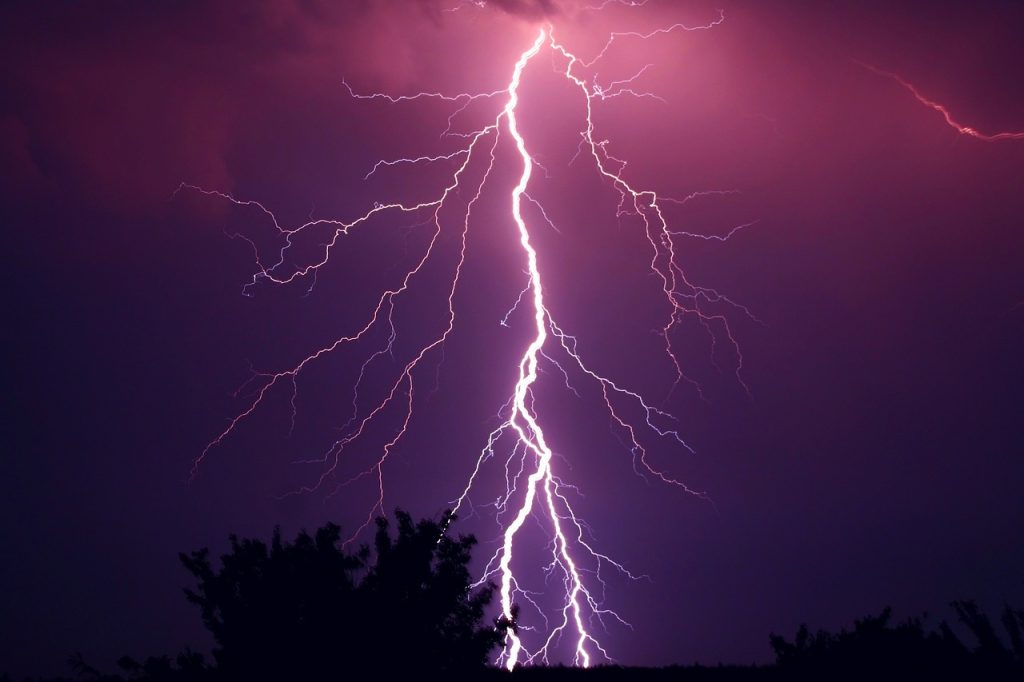
1) Lightning: Loss, destruction, or damage directly caused by lightning
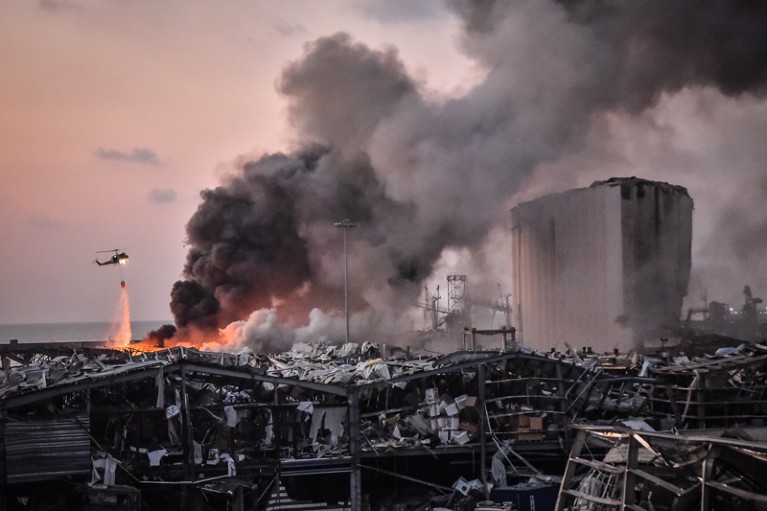
2) Explosion/Implosion: The insurance covers losses and damage caused by explosions or implosions. However, it doesn’t cover losses to boilers, economizers, or other steam-generating vessels if they explode on their own or due to centrifugal forces. Apart from this exception, the insurance covers the rest of the machinery and damage.
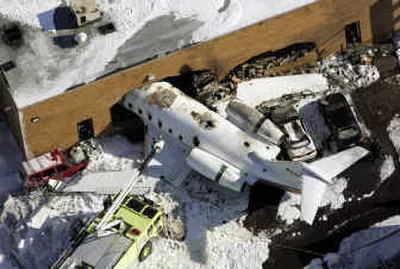
3) Aircraft Damage: Loss, destruction, or damage caused by Aircraft, other aerial or space devices, and articles dropped therefrom, excluding those caused by pressure waves.
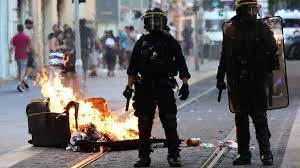
4) Riot, Strike, and Malicious Damage: Loss of or visible physical damage or destruction by external violent means directly caused to the insured property.

5) Storm, Cyclone, Typhoon, Tempest, Hurricane, Tornado, Flood, and Inundation: Loss, destruction, or damage directly caused by Storm, Cyclone, Typhoon, Tempest, Hurricane, Tornado, Flood, or Inundation.

6) Impact Damage: Loss of or visible physical damage or destruction caused to the insured property due to impact by any Rail/Road vehicle or animal by direct contact not belonging to or owned by: a) The Insured or any occupier of the premises or b) Their employees while acting in the course of their employment.
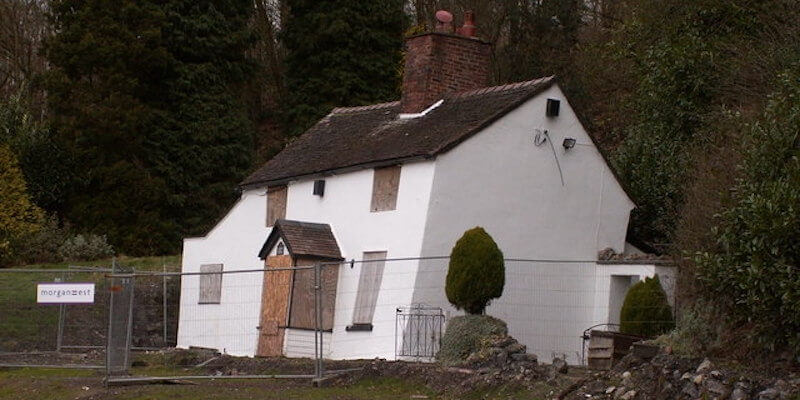
7) Subsidence and Landslide Including Rock Slide: Loss, destruction, or damage directly caused by subsidence of part of the site on which the property stands or landslide/rock slide, excluding: a) The normal cracking, settlement, or bedding down of new structures. b) The settlement or movement of made-up ground. c) Coastal or river erosion. d) Defective design or workmanship or use of defective materials. e) Demolition, construction, structural alterations, or repair of any property or groundworks or excavations.

8) Bursting and/or Overflowing of Water Tanks, Apparatus, and Pipes.

9) Missile Testing Operations.
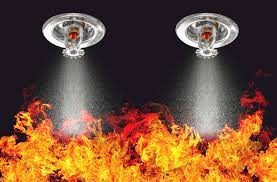
10) Leakage from Automatic Sprinkler Installations.
Types of Fire Insurance Policies:
There are many two types of fire policy – named peril policy & comprehensive policy. Besides the same it can be classified as follows:
Standard Fire Policy: The Standard Fire Policy acts as a blueprint for fire insurance contracts. It sets forth the terms, conditions, and coverage provided by the insurance company. Although different insurers may have their own variations, this policy forms the basis for most fire insurance agreements. It is also known as the Named Peril Policy because it explicitly specifies the perils it protects against. If a peril is not listed, it will not be covered under this policy.
Comprehensive Policy: Unlike the named peril policy, the comprehensive policy offers all-risk coverage, protecting against a broader range of perils. It typically includes fire, lightning, explosions, smoke, and other perils mentioned in the policy.
Home Fire Insurance: Home fire insurance is designed specifically for homeowners and provides coverage for their property and personal belongings. In the event of a fire, homeowners can claim compensation to repair or rebuild their homes and replace damaged possessions. This form of insurance is a lifeline for families, providing them with the resources needed to rebuild their lives and find comfort amidst the chaos.
Business Fire Insurance: Business fire insurance is essential for commercial property owners, enabling them to recover from fire accidents that could otherwise lead to bankruptcy. It covers the structure of the building, equipment, inventory, and other essential assets. For business owners, it ensures a smooth restoration of operations and minimizes business interruption.
Conclusion:
Fire insurance is undoubtedly a vital shield against the unpredictable and destructive force of fire. Whether it’s safeguarding your home or securing your business, having a comprehensive fire insurance policy can save you from devastating financial losses.
With its tailored coverage, affordable premiums, and quick claim processing, fire insurance is a reliable partner in your journey to rise from the ashes. Protect your assets, protect your future, and embrace the peace of mind that comes with having fire insurance on your side.

Disclaimer: This blog is for informational purposes only and does not constitute professional advice. Please consult with an insurance expert or a licensed insurance provider to understand the specific terms and coverage of your fire insurance policy.

